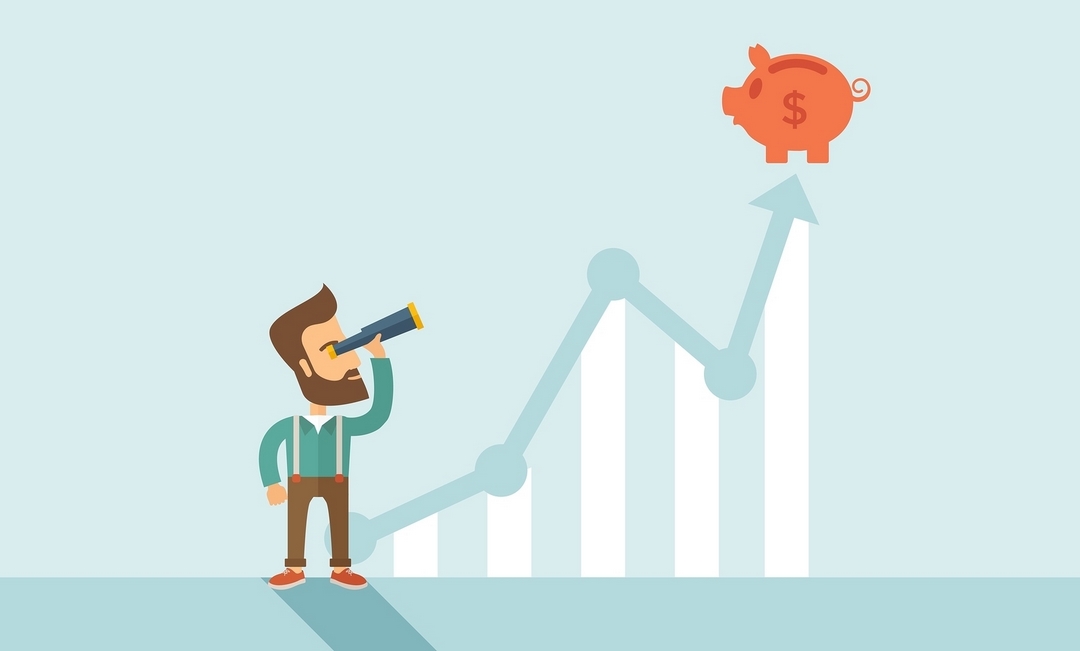Nobody wants to have a bad credit score, but unfortunately, life does not work that way. No matter how hard you try, or work, you can end up having a bad credit score. There are several factors which can have an adverse effect on your credit score.
Businesses will look at your credit score in making a decision about you. Utility companies, car insurance companies and even some employers will look at your credit score. There’s no escaping this and these actions will have an impact on you on a daily basis. Let’s take a closer look at the things that affect your credit score.
1. Payment History

Your payment history is most likely the biggest factor that affects your credit score. In fact, the timeliness in which you pay your bills is probably the single biggest factor that affects it. If you have a bit of bad luck and had serious payment problems such as bankruptcy, foreclosure or repossession, this will have a detrimental effect on your score. You will virtually be turned down for anything that requires a person to have good credit, unless you are able to secure bad credit loans. Though it can be understandably difficult, as much as possible, try to maintain your monthly payments on time.
2. Level Of Debt

Another huge factor is your level of debt. Your overall debt, the ratio of your balance on your credit card to your credit limit; these are some things taken into account when calculating your credit score. Too much debt or a high balance is going to have a bad effect on your credit score. However, one bright light here is that if you manage to pay down the balance, then your credit score can certainly improve.
3. The Age Of Your Credit History

The age of your oldest account as well as the average age of all accounts you have is taken into consideration. It is considered better for your credit score if you have an older credit age, as this is viewed as having experience in handling credit and thus, seen in a favourable light. Don’t forget that if you open a new account, your average credit age will be lowered. It’s advisable not to open a new account, or several newer accounts at the same time. By that same token, if you have an old account, do not close it. The very fact that you have a longstanding relationship with creditors can actually improve your credit score.
4. Credit Inquiries

Whenever you make some kind of application that requires a credit check, this will affect your credit score. The occasional credit check is not that big a deal, however, several in a short space of time is really going to hit you hard. So, supposing you decide to apply for more credit cards even though you have no intention of using it, this is going to negatively impact your credit score. Many people don’t realize this. They think that since they’re not going to use it, what’s the big deal? Well, that’s not the way it works and it is a big deal, so beware of this scenario.
Building good credit takes time. If you are aware of some of the things that can affect your credit score, good or bad, then you can either avoid it or do more of it. Paying bills on time is good, but checking your credit score is bad. A little background knowledge can help steer you in the right direction.

